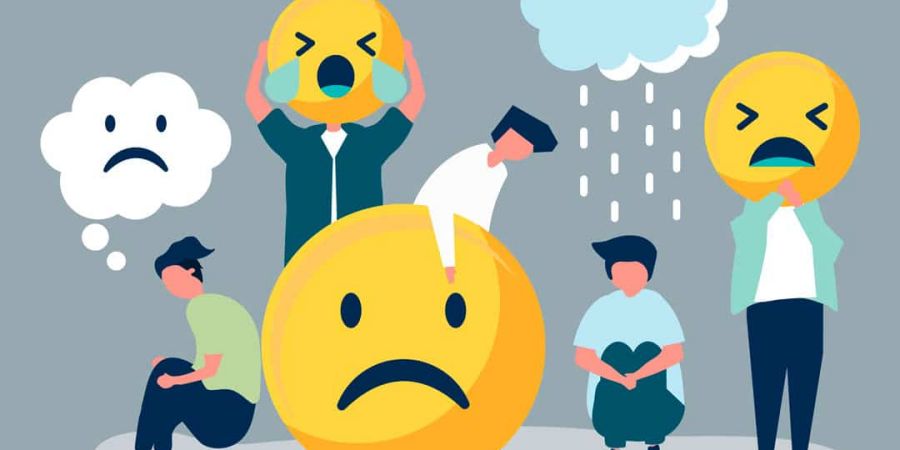

Negative emotion "management" is a difficult concept to grasp. It doesn't mean avoiding them—avoidance coping is a form of coping that tries to do just that, and it sometimes fails. 1 It also doesn't imply that you should let these negative feelings wreck your life, relationships, and stress levels. If we allow it, unmanaged rage, for example, will drive us to ruin relationships.
Managing negative emotions entails accepting that we are experiencing them, deciding why we are experiencing them, and allowing ourselves to receive the messages they are giving us before letting them go and moving on.
Yes, that sentence may seem strange, but our emotions are unquestionably built to communicate with us. If we pay attention to these texts, we will learn a lot.
Negative feelings must be managed so that they do not overwhelm us. We should manage them without denying that we are experiencing them.
When we discuss so-called negative emotions, it's important to note that these feelings aren't necessarily negative in the sense of "evil." They are more than they are in terms of negativity and positivity. 2 Emotions aren't really good or bad; they're simply states and signs that help us pay attention to the events that cause them. This can inspire us to build more or less of a particular experience, for example.
Negative feelings, unlike some others, are not necessarily easy to feel. But, like most feelings, they have a purpose and can be very useful to experience.
What Effects Do Negative Emotions Have on Us?
Many people experience negative emotional states such as rage, fear, resentment, dissatisfaction, and anxiety on a regular basis but try to stop them. This is understandable—they are made to make us feel uneasy.
Stress Can Be Caused by Negative Emotions
These negative emotional states will add to your body's and mind's stress levels. This is unpleasant, but if the stress becomes persistent or overwhelming, it may lead to health problems. 3
Nobody enjoys being uncomfortable, so it's normal to want to get away from them. Nevertheless, the risks of unmanaged stress are real. However, some people have the impression that these feelings will last forever or that the feelings themselves are the issue.
They also have information.
These feelings are usually helpful because they can give us messages. • Anger and anxiety, for example, indicate that something has to improve and that our well-being might be in jeopardy.
• Fear motivates us to change something in a relationship; frustration or anger motivates us to change something in a relationship.
Negative feelings exist to alert us to the fact that something needs to improve and to inspire us to do so.








